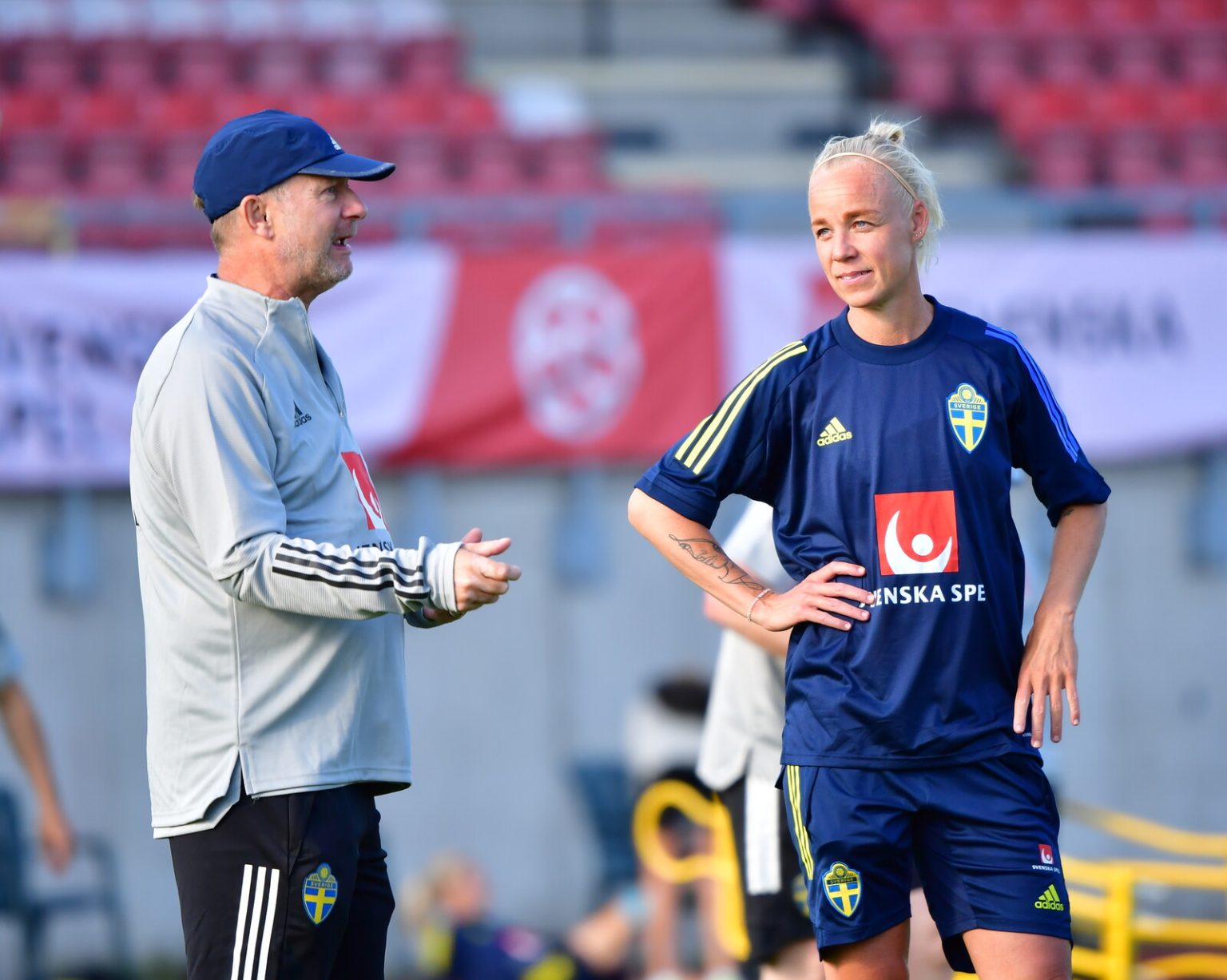Caroline Seger, a stalwart of Swedish women’s football, entered the 2023 World Cup in Australia and New Zealand knowing it would likely be her last major tournament. A persistent injury hampered her throughout the competition, severely limiting her playing time. The ultimate disappointment came during the bronze medal match against Australia, a match Seger deeply desired to participate in, even if only for a symbolic few seconds. Despite her expressed wishes and the emotional significance of the moment, she remained on the bench for the entirety of the game, a decision that left her feeling deeply hurt and disregarded. The victory and the bronze medal, while a team accomplishment, were bittersweet for Seger, overshadowed by the denial of a final, albeit brief, appearance on the world stage.
Seger’s feelings of frustration and disappointment are palpable. She felt that a short cameo appearance would have been a fitting end to her illustrious international career, a chance to acknowledge her contributions to Swedish football and share a final moment with her teammates on the field. The fact that she wasn’t granted even a fleeting appearance amplified the emotional sting of the situation. She believed it would have been a simple gesture, a small act of respect for a player who had dedicated so much to the national team. The perceived lack of consideration from the coaching staff left her feeling undervalued and overlooked, particularly given the circumstances of her impending retirement and the presence of her family at the game.
Peter Gerhardsson, the Swedish national team coach, justified his decision by citing Seger’s lack of match fitness. He claimed that Seger’s condition on the day of the bronze medal match precluded her participation, even for a symbolic substitution. According to Gerhardsson, the possibility of a brief appearance was never seriously considered due to concerns about her physical readiness. This explanation, however, fails to address the emotional aspect of Seger’s request, focusing solely on the practicalities of match fitness. It leaves open the question of whether a brief, symbolic appearance, even if carrying a slight risk, could have been justified given the unique circumstances and the potential emotional benefit for a retiring player.
The conflicting perspectives of Seger and Gerhardsson highlight the complex interplay of practical considerations and emotional dynamics within a team environment. While Gerhardsson prioritized the team’s immediate performance and adhered to a strict assessment of player fitness, Seger yearned for a moment of personal closure and recognition. The situation underscores the challenges faced by coaches in balancing the needs of individual players with the overall goals of the team, particularly in emotionally charged situations like a final tournament appearance for a veteran player. The lack of communication and apparent misalignment of priorities between player and coach contributed to the disappointment and hurt felt by Seger.
The incident also raises questions about the recognition and appreciation of veteran players in sport. While Seger’s contribution to Swedish football is undeniable, the handling of her final tournament appearance left her feeling that her dedication and service were not fully acknowledged. It exposes a potential blind spot within the sporting world, where the focus on performance and results can sometimes overshadow the human element and the emotional needs of individual athletes. Seger’s experience serves as a reminder of the importance of recognizing and celebrating the contributions of long-serving players, especially during moments of transition and retirement.
In conclusion, the events surrounding Caroline Seger’s final World Cup appearance represent a complex and emotionally charged situation. The clash between practical considerations and emotional needs, the differing perspectives of player and coach, and the broader issue of recognizing veteran athletes all contribute to a nuanced and multifaceted narrative. While Sweden achieved success on the field, winning the bronze medal, the episode surrounding Seger’s absence casts a shadow over the victory and highlights the importance of empathy, communication, and recognition in the world of professional sport. The lingering disappointment felt by Seger underscores the need for a more holistic approach to player management, one that considers not only physical performance but also the emotional well-being and personal journeys of individual athletes.














